MEDICAL FRAUD
The Cancer Doctor Who Did the Unthinkable | The Horrific Crimes of Farid Fata
Maureen Voreza
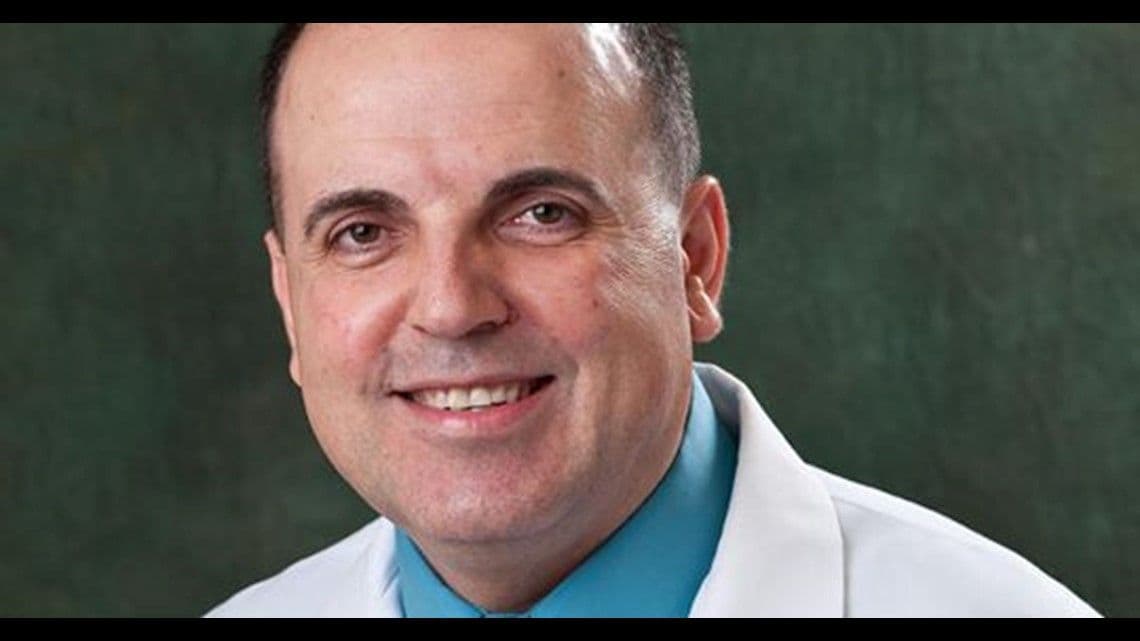
The shocking true story of Dr. Farid Fata, an oncologist who defrauded hundreds of patients by falsely diagnosing and treating them for cancer to enrich himself.
In what remains one of the most horrifying medical fraud cases in U.S. history, patients who came seeking hope were met with betrayal. Dr. Farid Fata, once a celebrated oncologist in Michigan, manipulated the sacred trust between doctor and patient, poisoning thousands in the name of profit. The story of his rise and eventual downfall is not just a cautionary tale; it serves as a chilling reminder of how unchecked power in medicine can devastate lives.
Living the American Dream
Born in Lebanon in 1965, Farid Fata immigrated to the United States in 1992, driven by dreams of building a better life. Over the next decade, he trained in prestigious hospitals and gained recognition in the field of oncology. In 2003, he opened Michigan Hematology–Oncology (MHO) in Rochester Hills, Michigan. It quickly evolved into a regional powerhouse of cancer care, boasting seven locations, a comprehensive treatment center, and an annual revenue of up to $4 million.
Fata’s reputation soared. Patients respected him. Staff admired his work ethic—he often saw up to 70 patients a day. His wife, Samar, served as CFO, helping to run what appeared to be a model medical empire. But as the business flourished, few realized it was built on lies.
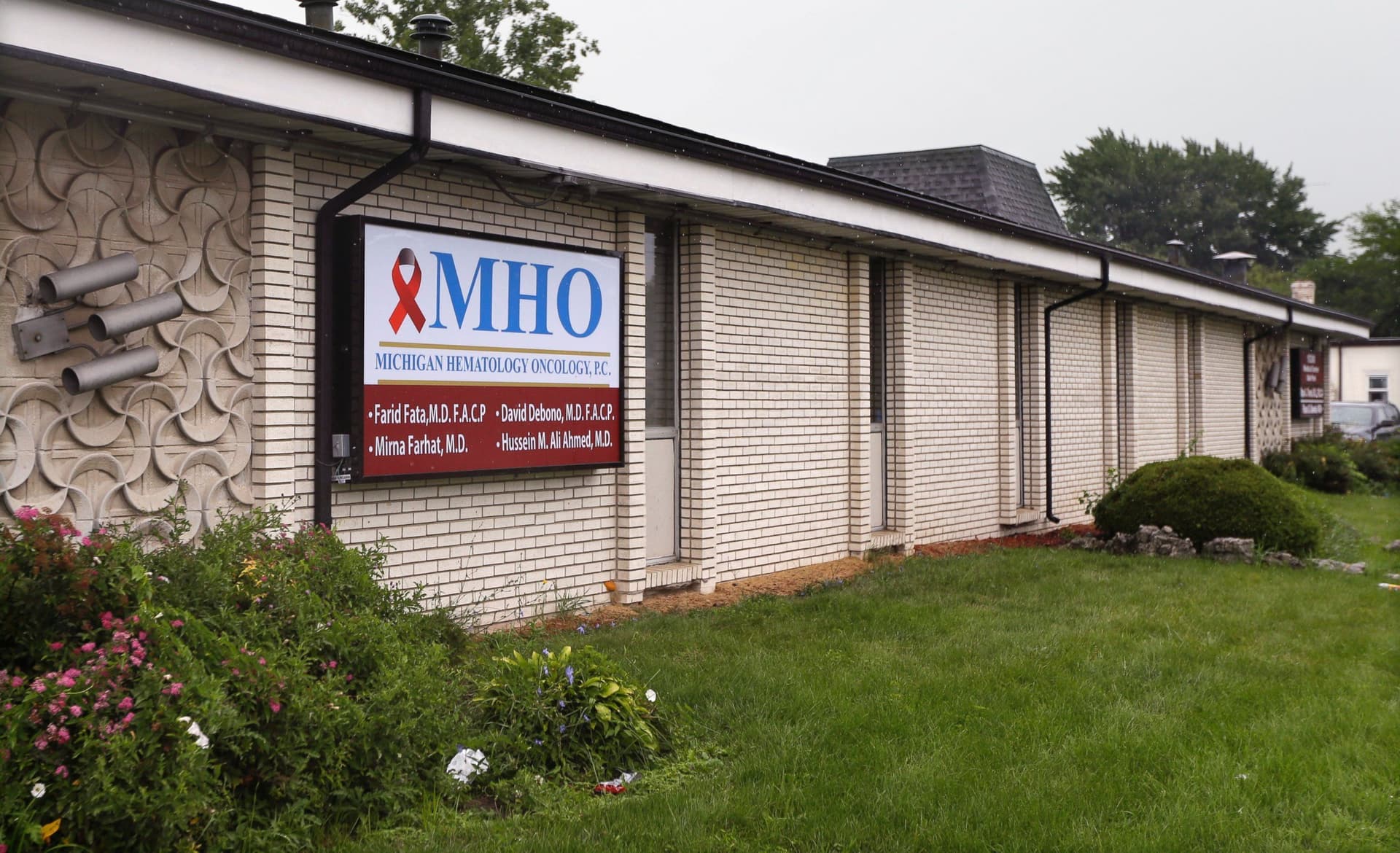
A Toxic Culture of Control
Behind the sleek façade of MHO was a tightly controlled and fear-driven workplace. Staff described an environment ruled by intimidation. Surveillance cameras monitored employees’ conversations, and even fellow doctors were barred from seeing Fata’s patients. This obsessive control wasn’t about quality; it was about hiding a secret.
Dr. Fata insisted on administering “European protocols,” which involved aggressive treatment regimens that were rarely questioned. But those who did raise concerns found themselves silenced or pushed out entirely.
Monica Flagg’s Nightmare
Among the many patients drawn in by Fata’s reputation was Monica Flagg, a vibrant businesswoman. After routine bloodwork showed elevated m-protein levels, she was referred to Dr. Fata. He diagnosed her with smoldering myeloma, a pre-cancerous condition, and immediately began intensive treatment. Biopsies, IV therapies, and eventually, a lifetime chemotherapy plan were prescribed.
Although the treatment was expensive, Monica’s insurance covered the costs—tens of thousands of dollars. But the true cost came later. During what was meant to be a relaxing post-diagnosis vacation, she returned and suffered a freak accident that left her with a broken leg. That injury ultimately saved her life.
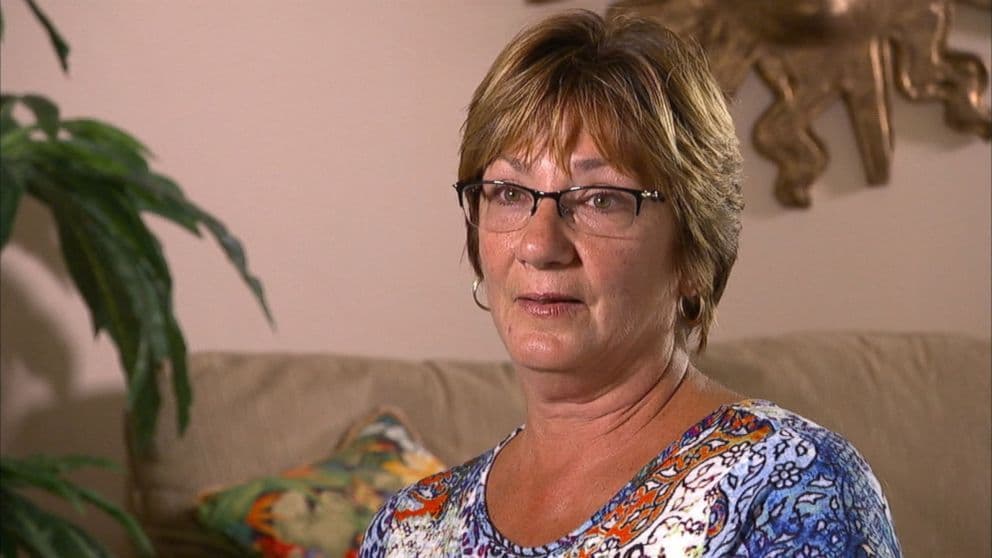
A Twist of Fate—and the Truth Revealed
While Monica recovered in the hospital, Dr. Fata was away on a trip to Lebanon. His substitute, Dr. Soe Maungalay, reviewed her file and was alarmed. The records didn’t add up. Monica didn’t have cancer.
Rushing to her bedside, Dr. Maungalay broke the devastating truth: she had undergone needless, harmful treatment for a disease she never had. He urged her to leave Fata’s care immediately. The betrayal was almost too much to bear. For Monica, whose family had already suffered cancer tragedies, the psychological toll was immense.
Haunted by what he found, Dr. Maungalay resigned. He reported his concerns to office manager George Karadsheh, setting off a chain reaction that would eventually expose the full scale of Fata’s crimes.
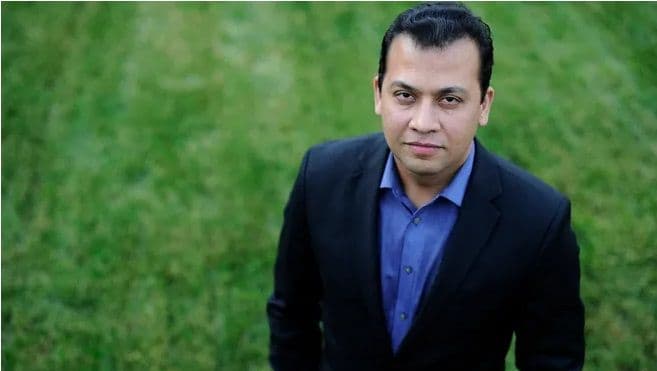
Whistleblowers Speak Out
Initially skeptical, Karadsheh began his own investigation. He recalled concerns raised by former nurse Angela Swantek, who had resigned in 2010 after witnessing patients receive unnecessary and aggressive chemotherapy. Angela had even filed a complaint with state regulators, yet no action had been taken.
Karadsheh also spoke to other staff, including nurse Mary Sitirlet, who confirmed suspicious prescribing patterns. Armed with internal documents, financial records, and treatment plans, Karadsheh and his attorney contacted the U.S. Attorney’s Office. What followed was a sweeping investigation that rocked the medical world.
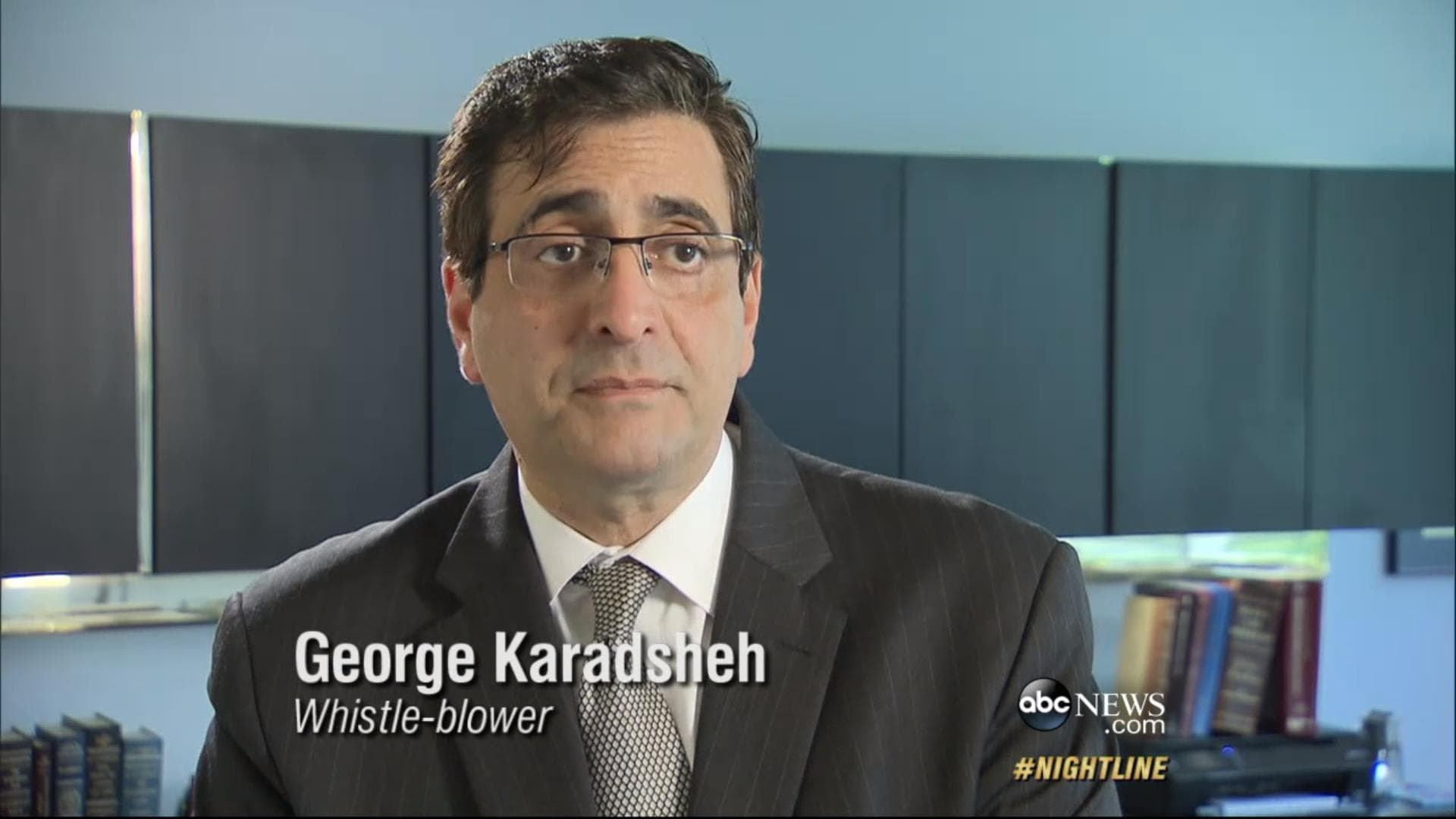
The True Scale of the Crime
Dr. Fata’s fraud was staggering. Over 500 patients had received unnecessary or excessive treatment. Some didn’t have cancer at all. Others were kept on chemo for years, suffering irreversible harm.
Among the victims:
- David, who underwent chemotherapy for seven years and lost both legs due to immune system failure.
- Patricia Hester, told she was terminal and taken on a farewell trip—only to later learn she was misdiagnosed.
- Teddy Howard, who required a liver transplant due to the effects of unnecessary chemotherapy.
- Sidney Siremba’s mother died just five months into unnecessary treatment.
In total, Fata billed Medicare over $200 million, pocketing a personal profit of $17 million.
Justice Served
In August 2013, the FBI raided Fata’s clinics. He was arrested, and federal prosecutors, led by Barbara McQuade, charged him with health care fraud, conspiracy, and money laundering. Fata eventually pleaded guilty. While some believed he should have faced murder charges, the court sentenced him to 45 years in prison. His appeals have since been denied.
Of the $17 million he earned fraudulently, about $13 million was recovered. Whistleblower George Karadshe and his legal team received a $1.7 million reward. The remainder went to the victims.
Dr. Fata is scheduled for release in 2050. He will be 85 years old.
His wife, Samar, left the U.S. and returned to Lebanon. Though she was investigated, there was insufficient evidence to charge her. She later divorced him.
A Lasting Legacy
The case of Dr. Farid Fata has left a deep scar on the medical community. It compelled hospitals, regulators, and patients to pose tough questions about oversight, ethics, and accountability in healthcare.
It also offers a vital lesson: Always seek a second opinion—because when lives are at stake, blind trust can be fatal.
Watch the full series on NBC News
